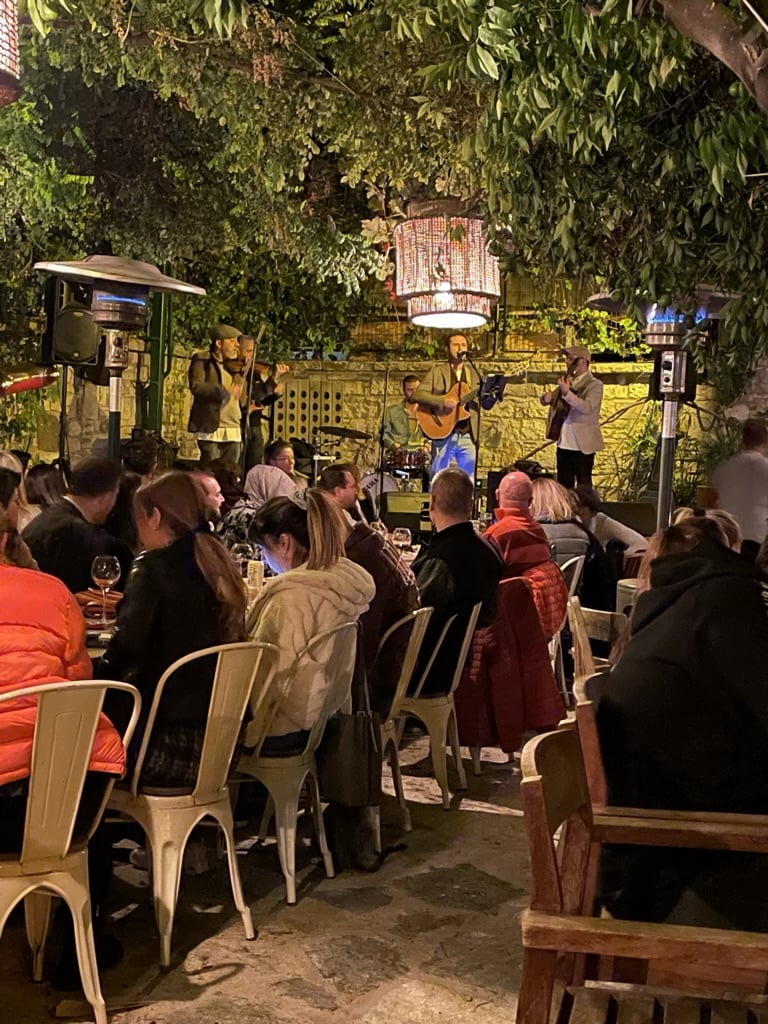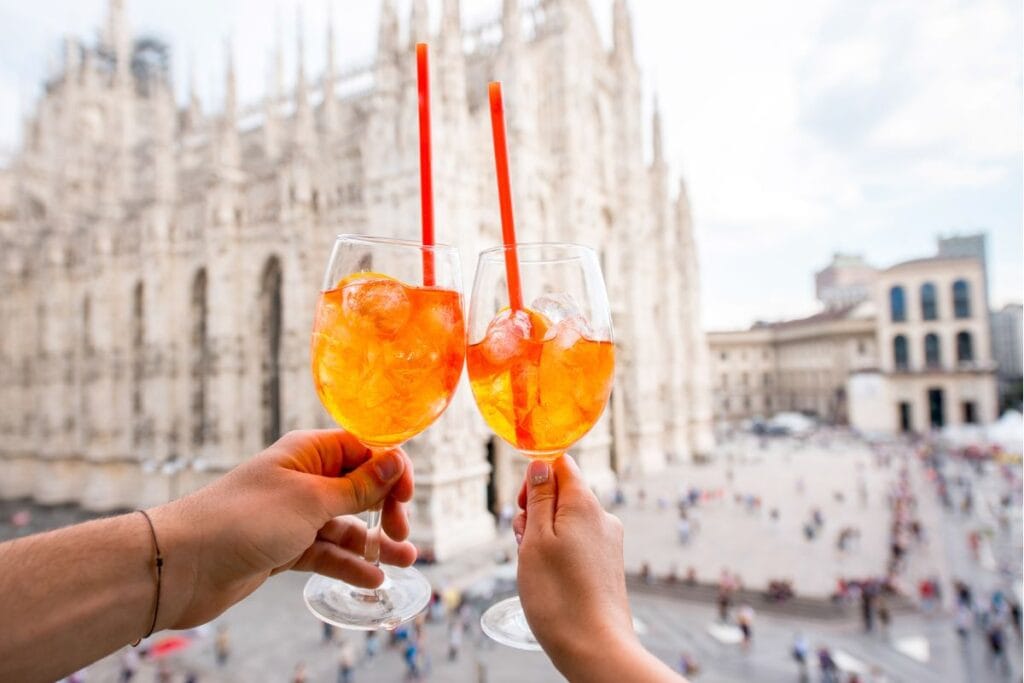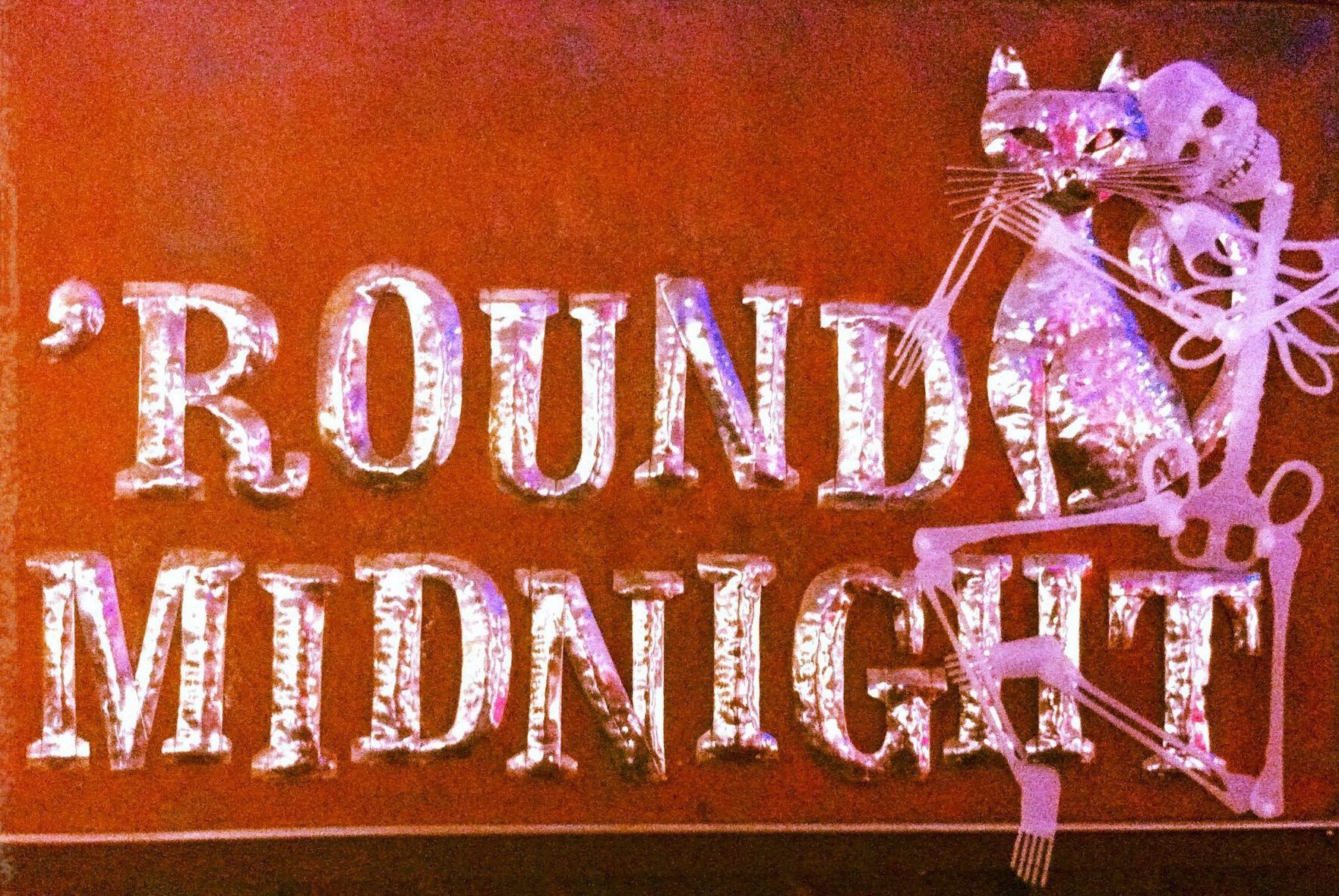
Introduction
The Italian Drinking Culture: La Dolce Vita
Italy, known for its rich history, vibrant cuisine, and breathtaking landscapes, also has a unique drinking culture deeply rooted in its society. Italians have a long-standing appreciation for the role of alcohol in social and family life, which is nurtured carefully from a young age within the context of family and community. This cultural appreciation has given rise to the concept of “La Dolce Vita,” the sweet life, where enjoying good food, fine wine, and shared moments with loved ones is a central part of daily life.
The Legal Age To Drink In Italy
Unlike some other countries, Italy has set the legal drinking age at 18. This can be seen as a legal benchmark that is respected by the general population. However, it is important to note that the reality of Italy’s drinking culture goes beyond just the age limit. There are regional variations and cultural nuances that enrich the experience of drinking in Italy. Familial customs also play a significant role in shaping the relationship Italians have with alcohol.
While the legal age to drink is 18, it is not uncommon for Italians to have their first taste of alcohol at a younger age, often within the family setting. Introducing alcohol in moderation and within a supervised environment allows young Italians to develop a responsible attitude towards drinking. Education about the effects of alcohol and the importance of moderation is emphasized, ensuring that alcohol is seen as a pleasurable accompaniment to meals and social gatherings rather than a means of excessive indulgence.
In conclusion, Italy’s drinking age of 18 serves as a legal benchmark. However, the reality of the Italian drinking culture is enriched by regional variations, cultural nuances, and familial customs. Italians hold a deep cultural appreciation for the role of alcohol in social and family life, which is nurtured carefully from a young age. This emphasis on education and moderation allows Italians to enjoy alcohol as part of the sweet life they cherish.
Understanding The Law
Italian Drinking Regulations: What The Law Says
Italy has set the legal drinking age at 18, which is respected by the general population. According to the law, individuals must be at least 18 years old to purchase or consume alcohol. This age limit applies to all types of alcoholic beverages, including wine, beer, and spirits. It is important to note that although 18 is the legal age, some establishments may have their own policies and may require individuals to be 21 or older to enter their premises.
Enforcement Of The Drinking Age In Italy
Enforcement of the drinking age in Italy is primarily the responsibility of the establishments that serve alcohol. They are required to check the identification of individuals to ensure that they are of legal drinking age. However, enforcement may vary depending on the location and the establishment itself. In some cases, authorities may also conduct random checks to ensure compliance with the law.
It is worth noting that while the legal drinking age is 18, it is not uncommon for young Italians to have their first taste of alcohol within the family setting before reaching that age. This is seen as a way for parents to introduce their children to alcohol in a controlled and supervised environment, emphasizing the importance of responsible drinking and moderation. This approach aims to educate young individuals about the effects of alcohol and instill a responsible attitude towards drinking.
Overall, while the legal drinking age in Italy is 18, the cultural appreciation for alcohol and its role in social and family life goes beyond just the legal age limit. Italians have a deep-rooted understanding of the cultural significance of alcohol and a respect for responsible drinking, which is nurtured from a young age within the context of family and community.
The Minimum Drinking Age In Italy
Legal Age To Drink: Facts And Figures
In Italy, the legal drinking age is set at 18 years old. This age requirement applies to all types of alcoholic beverages, including wine, beer, and spirits. It is important to note that the legal age may differ in certain establishments, with some requiring individuals to be 21 or older to enter.
Exceptions And Variations By Region
While the legal drinking age is consistent across Italy, there are regional variations and cultural nuances that shape the reality of alcohol consumption among minors. In some regions, it is not uncommon for young Italians to have their first taste of alcohol within the family setting before reaching the legal age. This practice is seen as an opportunity for parents to introduce their children to alcohol in a controlled and supervised environment, emphasizing responsible drinking and moderation.
It is worth noting that the enforcement of the drinking age is primarily the responsibility of establishments that serve alcohol. They are required to verify the age of individuals through identification checks. However, the degree of enforcement may vary from place to place.
In conclusion, while the legal drinking age in Italy is 18, the cultural appreciation for alcohol and the role it plays in social and family life extends beyond the legal age limit. Italians have a deep-rooted understanding of the cultural significance of alcohol and a respect for responsible drinking, which is fostered from a young age within the context of family and community.

Drinking Culture In Italy
In Italy, the legal drinking age is set at 18 years old. This age requirement applies to all types of alcoholic beverages, including wine, beer, and spirits. It is worth noting that the legal age may differ in certain establishments, with some requiring individuals to be 21 or older to enter.
The Essence Of La Dolce Vita: A Drinking Culture
Italian families have a unique approach to introducing alcohol to minors. Unlike in many other countries, young Italians are often exposed to alcohol within the family setting before reaching the legal drinking age. This practice is seen as a way to teach young individuals about responsible drinking and moderation. It is common for families to share a glass of wine during meals, and this tradition fosters an appreciation for quality beverages.
The Italian concept of “La Dolce Vita,” or the sweet life, embodies the relaxed and enjoyable lifestyle that is associated with Italy. Drinking alcohol in moderation is an integral part of this lifestyle. Italians view alcohol as a way to enhance social interactions and to celebrate life’s milestones.
The Role Of Alcohol In Italian Society
Alcohol plays a significant role in Italian society. It is not just about the act of drinking, but also about the social and cultural aspects that surround it. Italians value the art of drinking, which includes savoring different flavors and understanding the craftsmanship behind beverages.
Alcohol is often enjoyed in social settings, such as during gatherings with friends and family. It is seen as a way to connect and bond with one another. Additionally, alcohol is deeply rooted in Italian traditions and celebrations. From toasting during weddings to raising a glass to salute the saints during religious festivals, alcohol is a central part of these cultural events.
In Italy, there is a deep cultural appreciation for the role of alcohol in social and family life. While the legal drinking age is 18, the reality is enriched by regional variations, cultural nuances, and familial customs. Italians hold a reverence for age-old traditions and foster a relaxed and moderate drinking culture, embodying the essence of La Dolce Vita.
Access to Alcohol
In Italy, the legal drinking age is set at 18 years old. This age requirement applies to all types of alcoholic beverages, including wine, beer, and spirits. It is worth noting that the legal age may differ in certain establishments, with some requiring individuals to be 21 or older to enter.
Where Can You Buy Alcohol in Italy?
Alcohol is widely available in Italy, and there are various places where you can purchase it. Some common places to buy alcohol include:
- Supermarkets: Many supermarkets in Italy have a wide selection of alcoholic beverages, making it convenient to purchase them while you shop for groceries.
- Wine Shops: Italy is renowned for its wine, and wine shops (enoteche) can be found in most towns and cities. These shops offer a vast range of Italian wines, allowing you to explore and discover new flavors.
- Bars and Restaurants: Bars and restaurants are popular places to enjoy a drink in Italy. They offer a wide selection of beverages, including local wines, cocktails, and spirits. It is common for Italians to enjoy an aperitivo, a pre-dinner drink, at a bar before heading to a restaurant for a meal.
- Specialty Stores: In addition to supermarkets and wine shops, there are specialty stores that focus on specific types of alcohol, such as artisanal liqueurs or craft beers. These stores provide a unique experience for those looking for something out of the ordinary.
ID Requirements and Restrictions
When purchasing alcohol in Italy, it is important to carry identification with you, especially if you appear to be underage. While the legal drinking age is 18, it is not uncommon for establishments to ask for identification to ensure compliance with the law. This is particularly true in bars and clubs, where bouncers may ask for ID before granting entry.
It is also important to note that while alcohol is widely available in Italy, public intoxication is not tolerated. It is expected that individuals consume alcohol responsibly and in moderation, respecting the laws and customs of the country.
Overall, Italy has a rich drinking culture that is deeply ingrained in its society. Whether enjoying a glass of wine with a meal or experiencing the vibrant bar scene, alcohol is an integral part of the Italian way of life.
Enforcing The Drinking Age
Are Age Restrictions Strictly Enforced?
In Italy, the legal drinking age is set at 18 years old. However, the enforcement of age restrictions is not always strict. Cultural norms often allow minors to consume alcohol moderately within a family setting. Additionally, during large festivals, fairs, markets, and carnivals, the monitoring of selling alcohol to minors or attempting to purchase alcohol as a minor may not be closely monitored. This relaxed approach towards alcohol contributes to the overall drinking culture in Italy.
Consequences For Underage Drinking
While the enforcement may be lenient for underage drinking in certain situations, it is important to note that public intoxication is not tolerated in Italy. It is expected that individuals, regardless of age, consume alcohol responsibly and in moderation. Although the consequences for underage drinking may vary depending on the situation and the discretion of law enforcement, underage individuals may still face penalties such as fines or legal repercussions if caught consuming alcohol in public or engaging in irresponsible behavior.
Overall, Italy has a rich drinking culture that is deeply ingrained in its society. Whether enjoying a glass of wine with a meal or experiencing the vibrant bar scene, alcohol is an integral part of the Italian way of life. While the legal drinking age is 18, it is always advisable to carry identification when purchasing alcohol to ensure compliance with the law and avoid any potential issues.

Social Attitudes Towards Underage Drinking
Attitudes Towards Underage Drinking In Italy
In Italy, there is a generally more relaxed attitude towards underage drinking compared to some other countries. While the legal drinking age is set at 18 years old, cultural norms and traditions often allow minors to consume alcohol moderately in certain settings. It is not uncommon for young people to be introduced to alcohol within the family context, especially during special occasions or celebrations.
Furthermore, during large festivals, fairs, markets, and carnivals, the enforcement of age restrictions may not be closely monitored. This means that minors may have easier access to alcohol during these events, which contributes to the overall drinking culture in Italy.
Parental Guidance And Responsibility
In Italy, parents play a significant role in shaping their children’s attitudes towards alcohol and teaching them responsible drinking habits. It is common for parents to introduce alcohol gradually to their children, in a controlled and supervised environment, in order to educate them about the potential risks and consequences of excessive drinking.
Parents in Italy are generally seen as responsible for guiding their children’s behavior and ensuring that they understand the importance of drinking in moderation. This emphasis on parental guidance helps instill a sense of responsibility and self-control when it comes to alcohol consumption.
While the enforcement of age restrictions may be more lenient in certain situations, it is important to note that public intoxication is not tolerated in Italy. Regardless of age, individuals are expected to consume alcohol responsibly and in moderation. Underage individuals who are caught consuming alcohol in public or engaging in irresponsible behavior may face penalties such as fines or legal repercussions.
In conclusion, Italy has a unique drinking culture that is deeply embedded in its society. While underage drinking is not strictly enforced in certain contexts, it is still important for individuals, regardless of age, to consume alcohol responsibly and be mindful of the potential consequences.
Alternatives to Alcohol
Non-Alcoholic Drinks: An Italian Perspective
In addition to their rich wine culture, Italy also offers a wide variety of non-alcoholic drinks that can be enjoyed by individuals of all ages. Italians take pride in their diverse and flavorful beverages, including the following non-alcoholic options:
- Fruit Juices: Italy is known for its abundance of fresh, quality fruits. Juices made from fruits such as oranges, lemons, and strawberries are popular choices for those looking for a refreshing and healthy option.
- Sodas and Soft Drinks: Italian sodas, such as the popular San Pellegrino and Coca-Cola, are widely available and come in a variety of flavors. These carbonated beverages offer a fizzy alternative to alcohol.
- Mocktails: Italy is no stranger to the art of mixology. Many bars and restaurants offer a wide selection of mocktails, which are alcohol-free cocktails made with a combination of juices, syrups, and other non-alcoholic ingredients. These mocktails provide a sophisticated and flavorful experience without the effects of alcohol.
Enjoying the Italian Experience without Alcohol
Italy’s rich cultural heritage goes beyond its alcoholic beverages. There are several ways to enjoy the Italian experience without partaking in alcohol:
- Exploring Historical Sites: Italy is home to numerous historical sites, including ancient ruins, cathedrals, and palaces. Exploring these sites is a great way to immerse oneself in the country’s fascinating history and architecture.
- Trying Authentic Italian Cuisine: Italy is renowned for its delicious food. From pizzas and pastas to gelato and cannoli, Italian cuisine offers a wide range of mouthwatering dishes that can be enjoyed without the need for alcohol.
- Participating in Cultural Festivals: Italy is known for its vibrant festivals and celebrations. From the Venice Carnival to the Palio di Siena, these events showcase the country’s traditions, music, and art. Attending these festivals allows visitors to experience the lively atmosphere and cultural richness of Italy, without the need for alcoholic beverages.
In conclusion, while Italy may have a relaxed approach to underage drinking, there are plenty of alternatives to alcohol for those who choose not to partake. Non-alcoholic drinks offer a refreshing and flavorful experience, and there are numerous ways to enjoy the Italian culture and heritage without the need for alcohol. It is important to respect and abide by local laws and cultural norms when visiting Italy, while also embracing the diverse range of experiences available.
Alternatives To Alcohol
Non-alcoholic Drinks: An Italian Perspective
In addition to their rich wine culture, Italy also offers a wide variety of non-alcoholic drinks that can be enjoyed by individuals of all ages. Italians take pride in their diverse and flavorful beverages, including the following non-alcoholic options:
- Fruit Juices: Italy is known for its abundance of fresh, quality fruits. Juices made from fruits such as oranges, lemons, and strawberries are popular choices for those looking for a refreshing and healthy option.
- Sodas and Soft Drinks: Italian sodas, such as the popular San Pellegrino and Coca-Cola, are widely available and come in a variety of flavors. These carbonated beverages offer a fizzy alternative to alcohol.
- Mocktails: Italy is no stranger to the art of mixology. Many bars and restaurants offer a wide selection of mocktails, which are alcohol-free cocktails made with a combination of juices, syrups, and other non-alcoholic ingredients. These mocktails provide a sophisticated and flavorful experience without the effects of alcohol.
Enjoying The Italian Experience Without Alcohol
Italy’s rich cultural heritage goes beyond its alcoholic beverages. There are several ways to enjoy the Italian experience without partaking in alcohol:
- Exploring Historical Sites: Italy is home to numerous historical sites, including ancient ruins, cathedrals, and palaces. Exploring these sites is a great way to immerse oneself in the country’s fascinating history and architecture.
- Trying Authentic Italian Cuisine: Italy is renowned for its delicious food. From pizzas and pastas to gelato and cannoli, Italian cuisine offers a wide range of mouthwatering dishes that can be enjoyed without the need for alcohol.
- Participating in Cultural Festivals: Italy is known for its vibrant festivals and celebrations. From the Venice Carnival to the Palio di Siena, these events showcase the country’s traditions, music, and art. Attending these festivals allows visitors to experience the lively atmosphere and cultural richness of Italy, without the need for alcoholic beverages.
In conclusion, while Italy may have a relaxed approach to underage drinking, there are plenty of alternatives to alcohol for those who choose not to partake. Non-alcoholic drinks offer a refreshing and flavorful experience, and there are numerous ways to enjoy the Italian culture and heritage without the need for alcohol. It is important to respect and abide by local laws and cultural norms when visiting Italy, while also embracing the diverse range of experiences available.
Conclusion
Balancing Tradition and Responsibility: The Italian Drinking Culture
Italy’s drinking culture is a unique blend of tradition and responsibility. While the legal drinking age is 18, and alcohol consumption among minors is widespread, it is important to understand the cultural nuances and familial customs that shape these behaviors. Italian families introduce alcohol to minors in moderation during meals, fostering an appreciation for quality beverages. Under family supervision, moderate underage drinking is socially accepted.
It is evident that Italy’s drinking age of 18 serves as a legal benchmark, but the reality is enriched by regional variations, cultural nuances, and familial customs. Italians not only respect the law but also hold a deep cultural appreciation for the role of alcohol in social and family life. This relationship is nurtured carefully from a young age within the context of family and community, with an emphasis on education and moderation.
FAQs: Frequently Asked Questions about Drinking in Italy
- What is the legal drinking age in Italy?
- The legal drinking age in Italy is 18. However, alcohol consumption among minors is common.
- Is moderate underage drinking socially accepted in Italy?
- Yes, moderate underage drinking under family supervision is socially accepted in Italy.
- What are the alternatives to alcohol in Italy?
- Italy offers a wide variety of non-alcoholic drinks, including fruit juices, sodas, and mocktails.
- How can I enjoy the Italian experience without alcohol?
- You can explore historical sites, try authentic Italian cuisine, and participate in cultural festivals.
In conclusion, Italy’s drinking culture is influenced by a combination of legal regulations and cultural customs. While the legal drinking age is 18, the social acceptance of moderate underage drinking under family supervision exists. Italy offers many alternatives to alcohol, and there are numerous ways to enjoy the Italian culture and heritage without the need for alcohol. However, it is crucial to respect local laws and cultural norms when visiting Italy.
FAQ – Legal Age to Drink in Italy: La Dolce Vita Drinking Regulations
Q: What is the legal drinking age in Italy?
A: The legal drinking age in Italy is 18 years old. Anyone under this age is prohibited from purchasing, consuming, or being served alcoholic beverages.
Q: Are there any exceptions to the legal drinking age for special occasions or ceremonies?
A: No, there are no exceptions to the legal drinking age in Italy. It applies to all individuals, regardless of the occasion or ceremony.
Q: What are the consequences if someone under 18 is caught drinking alcohol in Italy?
A: If someone under 18 is caught consuming or attempting to purchase alcohol, they may face legal consequences. These consequences can vary, but may include fines, community service, or educational programs.
Q: Can parents provide alcohol to their children under the legal drinking age?
A: In Italy, it is generally considered acceptable for parents to provide small amounts of alcohol to their children under the age of 18, as long as the parent is present and supervising. However, this is a cultural norm rather than an actual legal permission.
Q: What are the penalties for selling alcohol to someone under the legal drinking age?
A: Selling alcohol to someone under the legal drinking age in Italy is illegal and can result in both criminal and administrative penalties. Offenders may face fines, closure of the establishment, or imprisonment, depending on the severity of the violation.
Q: Is it common for young people in Italy to drink alcohol before they reach the legal drinking age?
A: While it is not unusual for young people in Italy to experiment with alcohol before they reach the legal drinking age, it is important to note that this behavior is not condoned or legally permitted. Authorities strive to enforce the drinking age regulations to protect underage individuals from the potential harms of alcohol consumption.
Q: What is the legal age for purchasing alcohol in stores or supermarkets?
A: The legal age for purchasing alcohol in stores or supermarkets in Italy is also 18. Sellers are required to verify the age of the buyer through identification before completing the sale.
Q: Are there any restrictions on alcohol consumption in public places in Italy?
A: In Italy, public drinking is generally allowed as long as it is not causing a nuisance or disturbing the public order. It is important to consume alcohol responsibly and to respect the local laws and regulations regarding public behavior.
Q: Is it necessary to carry identification while consuming alcohol in Italy?
A: Though it is not legally required to carry identification while consuming alcohol in Italy, it is advisable to have a valid form of identification with you, as authorities or establishment staff may ask for proof of age if there is any doubt.
Q: How can I learn more about the specific alcohol-related laws and regulations in Italy?
A: For more detailed and up-to-date information on alcohol-related laws and regulations in Italy, it is recommended to consult the relevant local authorities, legal advisors, or official government websites. These sources can provide accurate and reliable information regarding the legal age to drink and other related regulations.

Welcome to the vibrant world of Round Midnight, a haven for jazz and blues enthusiasts in the heart of London. Nestled in The Agricultural at 13 Liverpool Rd, London N1 0RW, United Kingdom, Round Midnight is the city’s sole dedicated venue for soul-stirring jazz and blues melodies. Since its inception, Round Midnight has been committed to curating an unparalleled live music experience, hosting electrifying performances a staggering eight times a week. With free entry every time, we ensure that the magic of jazz and blues is accessible to all who seek it.